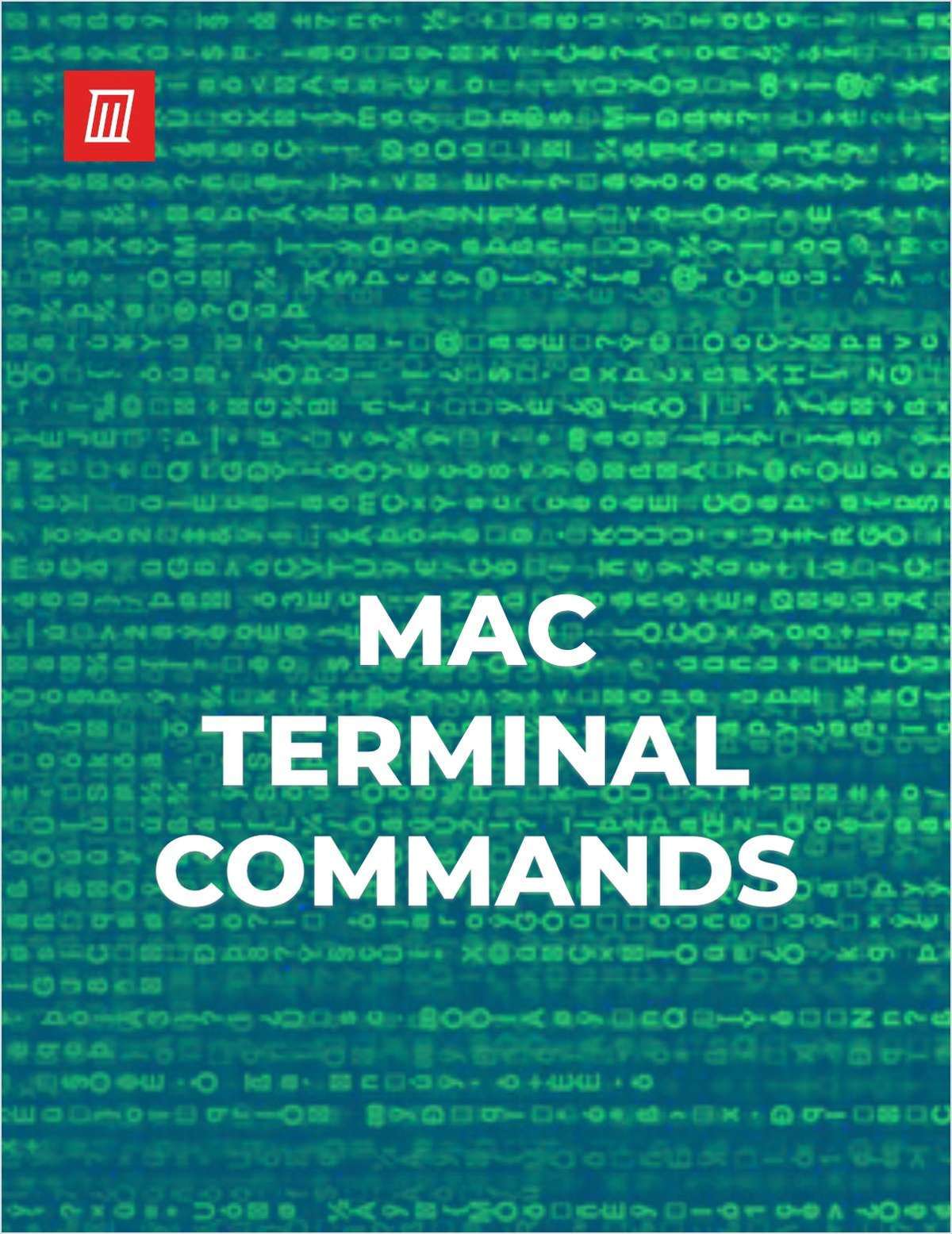

Here are some handy command you can use for it CommandĪll shells have job control: the ability to run programs in the background (multitasking) und foreground (running as the active process at your shell). All commands you are entered are stored inside the command history. u p /warp git: (main) cd warp /warp git: (main) test /warp git: (main) cd app /warp/app git: (main) ls Cargo.lock Cargo.toml Cartfile Cartfile.resolved Carthage assets channels graphql src tests build. Copy the output with one click and zero scrolls. The shell allows you to recall previous commands. Navigate through your terminal, command by command. Will print a*, so * will not be interpreted as the wildcard symbol If a character has a special meaning to the shell but you want it used literally, precede the character with a backslash \ Command Will print "Value of PATH: /users/sebastian/." If you want a word contain whitspaced you need to surround it with single or double quotes to make the shell treat it as a unit.ĭouble quotes will result in evaluating the actual content and replacing shell variables with there actual content. The sequence will stop if one command succeeded The sequence will stop if any command fails Redirection of standard input of one command can be redirected to another command using the | operator.

Write to outfile and things the command writes to stderror will be redirected to errorFile The shell can redirect standard in, standard out and standard error to and from files.Īny command that reads from standard input can read from a file instead with the shells and 2> operator Command


 0 kommentar(er)
0 kommentar(er)
